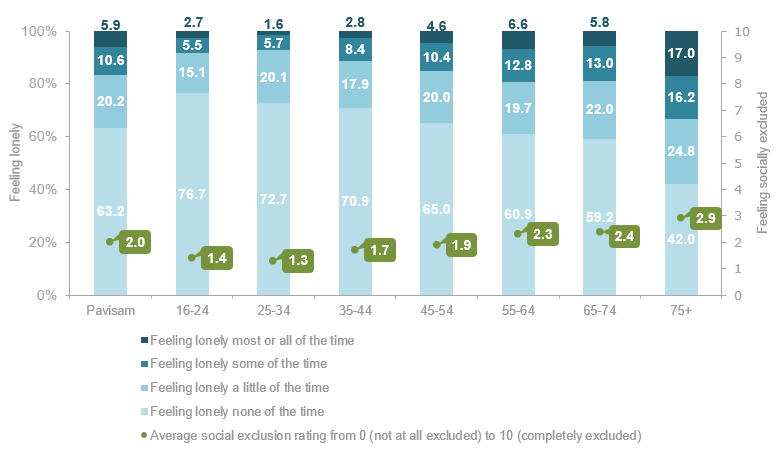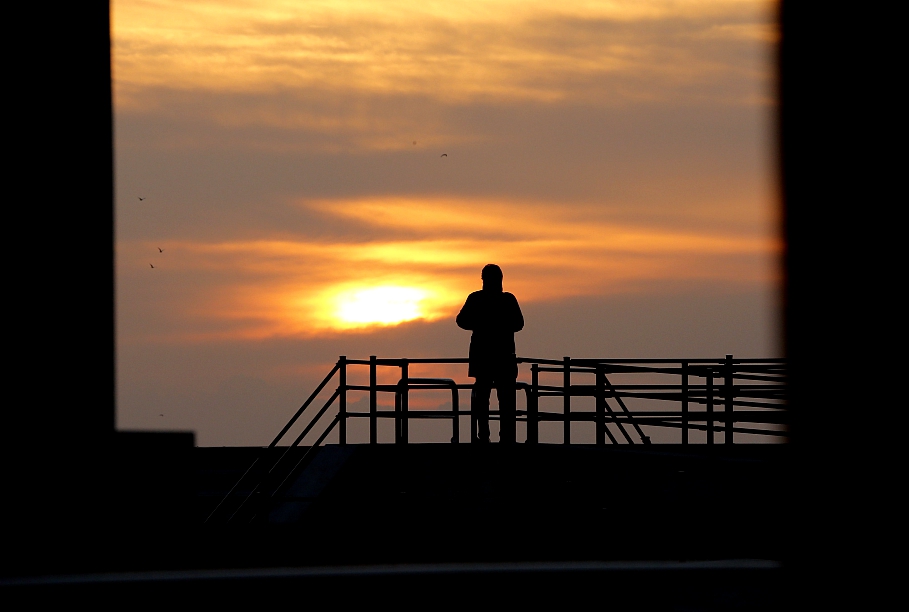Out of the population aged 16 and over, 5.9 % felt lonely all or most of the time, 10.6 % – some of the time, 20.2 % – a little of the time, and 63.2 % – none of the time.

"Social exclusion rating rises with age as well and drops along with better social communication," the CSB said. "Income level has significant influence on feeling lonely and socially excluded. Majority (87.5 %) of the richest population (people belonging to the fifth quintile group) indicated that during the last month felt lonely none or a little of the time... As income level gets lower, people more often feel lonely and socially excluded. Compared to the richest population, 10.6 percentage points fewer people living in the poorest households indicated that felt lonely none or a little of the time.
Almost all (94.9 %) couples with children felt lonely none or a little of the time. The indicator is high also among couples without children (92.2 %).
"The high ratings in the households with children show that children give adults stronger feeling of being a part of the society," said the CSB.
In 2018, single-person households accounted for more than one third (34.9 %) of all households in the country, moreover the share is growing. Among single-person households, each tenth person (11.6 %) aged 16–64 and each fifth person (20.1 %) aged 65 and over felt lonely all or most of the time.
More information on the survey results is available in the CSB database section Well-being and Life Satisfaction and the publication Income and Living Conditions in Latvia; 2018.





























